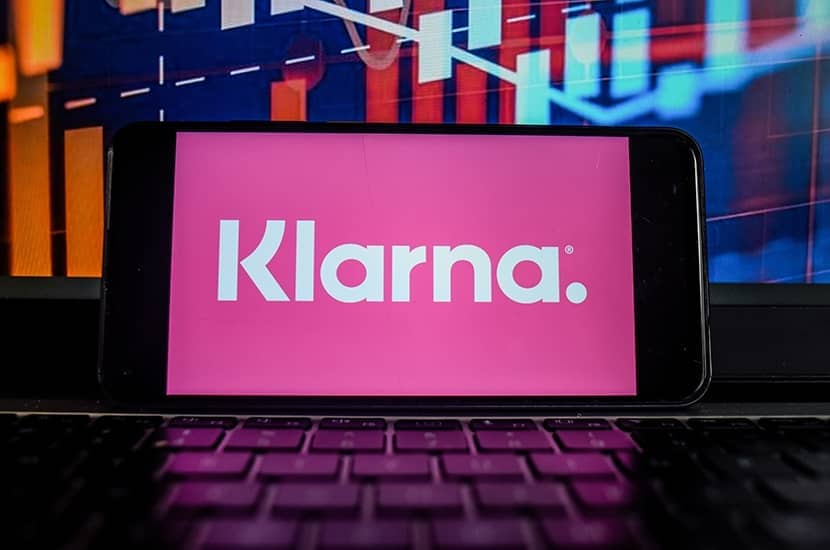Last month, my bicycle got a flat tyre. ‘Both of those tyres are gonna need replacing and you’ve knackered your sprockets,’ huffed the bike man. The bill came to £230. It’s the kind of irritating expense that means I run out of beer money a week before payday.
I’ve always assumed I’m a reasonably normal spender. Work pays me, the money gradually disappears over the month, with hopefully a bit left over for my Isa. I’m vaguely aware that something exists called a ‘credit card’, but my parents always made clear to me that if you don’t have the money for something, don’t buy it.
Where I differ from older spenders is that like many under-thirties I use a Monzo card. It makes it easier to split bills with friends and to keep track of spending. And Monzo, which is one of those upstart banks, offers something called ‘Flex’. It’s credit, rebranded for millennials. I could spread the bike payment over three months without being charged a penny in interest. Win-win.
Monzo isn’t the only firm providing deals like this. PayPal has started offering three months of interest-free borrowing. And then there’s Klarna, a powder-pink app which launched in Sweden in 2005 and is now used for a quarter of the country’s online payments.
Klarna’s latest target is Britain. The company has 15 million customers in the UK, more than double the number it had in summer last year. It’s expected to float on the stock market soon, valued at more than £30 billion, and has been using social media influencers to push its services, in particular for fashion purchases.
Not everyone is pleased about its rapid growth. Earlier this year, the Labour MP Stella Creasy compared the firm to a notorious payday lender, calling it ‘the next Wonga waiting to happen’. But Klarna is a different beast. It has three payment options: there’s a standard interest-paying loan at 19 per cent, a little below the average UK credit card rate and well below Wonga’s exorbitant 5,800 per cent. Then there’s the interest-free payment splitting, again over three months, the same kind of offer I used for my bike. Finally, there’s buy now, pay later, which is Klarna’s most controversial product. It allows shoppers to delay paying for their items for 30 days. The idea is that you can order a bunch of clothes, return the things you don’t want, and pay for the ones you do at the end of the month rather than waiting for a refund. It’s a way to try before you buy.
Klarna’s detractors argue the company is trapping young, inexperienced spenders in debt. One customer recently told the BBC that she received letters from debt collectors after missing her payments. She’d been able to spend next month’s pay before she had even earned it. There’s certainly something dodgy about how far some of this cheap credit has spread. One financing company recently advertised its services for pizza delivery. Paying for your dinner one slice a week doesn’t seem a particularly good idea.
Like all lenders, Klarna suffers from a fundamental problem: it’s bound to be used by people who get themselves trapped in unsustainable debt. But it’s not as if that problem didn’t always exist. Credit can be abused, but it can also be useful to responsible borrowers. Used properly, Klarna won’t mean a massive bill at the end of the month.
The Swedish firm makes just over half its money from longer-term lending, with the rest coming from retailers. Part of the appeal to shops is the speed of their one-click checkout (‘pay later with Klarna’) because two-thirds of online shopping carts are abandoned midway through the process. Cutting out payment faff can massively boost a retailer’s bottom line. And they immediately get the money in full even if the shopper opts to pay later. The dangers? Look at what Klarna tells its retailers: shoppers spend 34 per cent more when using its services.
Financial regulators, stunned by the rapid growth of this new online credit market, don’t know what to make of it all. Perhaps that’s why Klarna is now spending so much money on lobbying. The firm has hired the wife of the Pensions Minister to run its slick PR campaigns. And the company recently paid The Spectator for a sponsored panel (although I’ve yet to benefit from these inducements).
Britain is no longer the austere country of the 1960s into which credit cards were first introduced. Now it feels like most people have got some form of app to play with their payments. Perhaps that’s something to worry about, but I’m too busy whizzing around on my spruced-up bike.







Comments